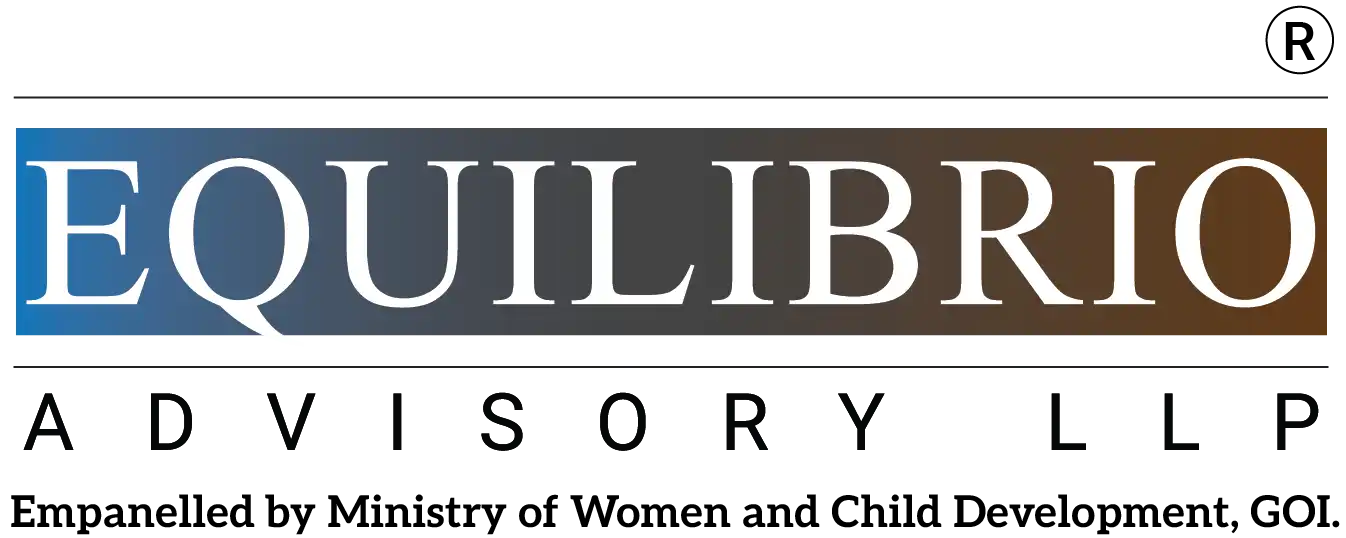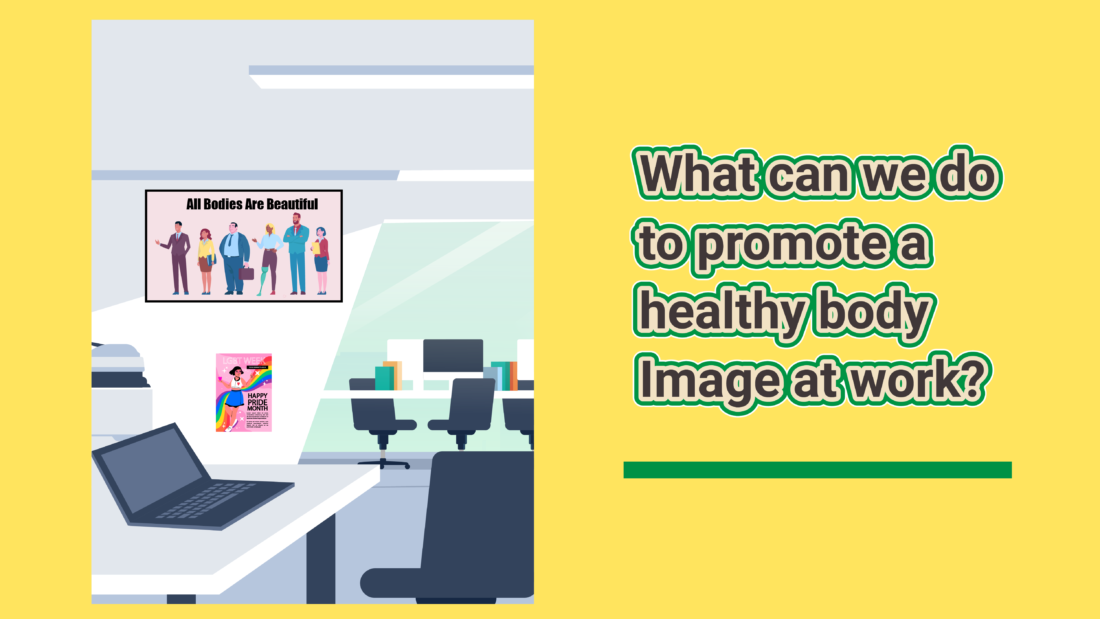Body image refers to the way in which an individual perceives and feels about their own body. We live in a world that increasingly focuses on and hypes up certain beauty standards of airbrushed, filtered “perfection” and an obsession with weight and “losing that fat”, so much so that conversations around popular celebrities also focus on how celebrities regain their pre-baby bodies after childbirth. So many of these ideas and standards are propagated through movies and media, social media and also through conversations and interactions with those in our lives who buy into the idea that only one kind of body is beautiful, or a certain aspect of the body does not fit into the “ideal” that is trending at the time.
It’s not surprising then, that many people have concerns about their bodies, their weight, skin, hair, or the shape or size of a certain body part. When the pursuit of the perfect body becomes unhealthy, extreme and obsessive to the point of hating one’s own body and the skin we live in, it can have a serious mental health impact and low self esteem.
The obsession that is driven into us to have the perfect body, unblemished fair skin, the shiny, straight hair, slim, yet curvy, small faces, sharp features, thin noses, perfect smile and aligned teeth … is really damaging to one’s sense of self and ability to see, value and accept oneself as it is. These absurd standards lead to not only buying products to attain ‘the standard’ or be as close to it as possible, and even forcibly moulding our bodies into that standard, through surgery.
But what impact can the workplace have on these ideas? And how can leaders create space for people to feel accepted and to accept themselves?
The first thing is to recognize that the workplace definitely has a role to play in body image and mental health.
In fact, studies point out that more attractive people are more likely to be hired and promoted, while less attractive people are more likely to be fired. The mindset behind these movements, also implicitly influence formulation of policies and practice.
The implicit bias towards societal notion of attractiveness creeps into such policies and internal SOPs for recruitment, promotion and growth wherein attractiveness is an unsaid parameter for being given opportunities, for example job postings including attributes being “young” for client facing roles, requesting photos along with the CV. These will have an immense impact not only on the way that a person views themselves but also experiencing anxiety on how others perceive them and make inferences on their competence basis appearance. Consequently, it may result in deep mental health impact which in turn may push one to go under the knife, not looking at oneself in the mirror or not wanting to have their pictures clicked or shared.
We must also reflect on the language being recruited in daily interactions to appreciate, praise, call out, berate, or ridicule a person which maybe operating from the beauty bias one holds.
Appreciation or praise linked to attractiveness includes comments like “He charmed the client”, “She’s gorgeous and always gets the job done”, “You just can’t say no to that face”, etc. seem like compliments, but often diminish the skills, effort and merit of the employee and reducing the wins to appearance solely.
Lookism or the beauty bias can also bring with it micro-incivilities that take place in day to day interactions between people – that can also cause distress when unchecked. Things like, “I’m worried about your health. Besides, you would look great if you lost a few pounds,” “If only she had a better sense of dressing”, “Oh you’re chubby but still cute” etc. reinforce a standard and push out unique expression and experiences.
In some workplaces, there is overt discrimination, basis appearance, faced by people that goes against the dominant beauty “standards”, including people who dress alternatively or with bright colours, people who dress in feminine ways, people who like a lot of make up, people who get tattoos and colour their hair in bright shades and even people who may be not considered thin. The dominant standards are so rigid that it further marginalizes people on the fringes of our society – persons with disability, queer persons, racially and ethnically diversely represented people, neurodivergent persons, persons living with mental illness, and more.
These practices definitely impact mental health and specifically body image. However, body image issues and eating disorders are not easy to identify and can be linked to other mental health concerns. Creating a workspace that is not only inclusive but also supports positive mental health will go a long way towards prevention and normalizing support to those struggling with these concerns.
Here are some things to think about as leaders and employers:
i) Capacity building of people managers:
Managers should be given training and skills to: –
- Use language mindfully without bias
- Be mindful of how beauty bias or lookism is a factor in decision making.
- Ensure that both appreciation and feedback are neutral and objective, and do not indicate appearance bias – Identify the signs of an underlying mental health concerns or body image related /eating disorders. Once identified, they will also need to know how best to respond and refer employees for mental health support.
ii) Build culture:
Care must be taken to build a safe, body positive and inclusive work culture
This can be achieved through:
– Conversations around professional behaviour must include what can be actioned or controlled for example hygiene and grooming, not aspects that are not completely under one’s control, like skin tone, height, weight, etc.
– For many organisations where there is a focus on weight, the understanding of weight and weight loss needs to recognise that this may not be always under one’s control due to one’s predisposition or genetics, hormonal imbalances, recovery, etc.
– Sensitization programs could also cover a wide range of topics including understanding mental health, bias, and specific concerns like body image, fitting in and preventing body shaming depending on the workforce constitution. This will be particularly important from the perspective of younger members of the workforce.
– Organisations may take steps to review their dress code, uniforms or other related policies to ensure that there is no discomfort.
– A focus can also be brought to overall, holistic health, through introducing walking meetings, gym memberships, sports activities and tournaments or other spotlight on physical health and mental wellbeing. Care should be taken that such initiatives are grounded in narratives of health and fitness, not body shaming or pushing a certain kind of body type being preferred.
– Leadership can take mindful decisions when promoting, endorsing a particular brand that reinforces/propagates stereotypes around ‘one beautiful body’ like Fair & Lovely, etc.
iii) Focus on wellbeing:
Create space for employees to connect with mental health professionals through subsidies or EAP provisions. Provide support through buddy and mentoring systems internally.
iv) Content and Communication:
Mindful curation of content around the workplace, could also help create inclusive spaces. Care can be taken to celebrate and represent all types of bodies – including those of persons with disability, persons who have undergone amputations, or down’s syndrome -in internal communication including posters and other media without judgment. This is also important for outward communications like advertisements, job postings, etc.
v) Adopt a flexible approach to support employees, particularly those in vulnerable positions women who are returning from maternity leave, recovering from physical or mental ill health, caregivers, young adults and members from the LGBTQIA+ community etc. Allow for break times, leave structures that can be more open and inclusive and space to negotiate timelines or request support. A shout out to brands like Dove, Nike, Virgin Atlantic, Jetblue, BlissClub, Bumble, ALL, Joy, Allen Solly, for taking steps to promote body positivity and inclusion through their policies, branding and practices
By- Rosanna Rodrigues and Samriti Makkar Midha
 Cart is empty
Cart is empty 


